How vitamins boost athletic performance
Vitamins are a group of independent organic compounds that perform specific functions to promote growth and maintain health, including strengthening the immune system. Vitamins for athletes are essential to improve performance and meet their increased needs due to increased physical activity. Vitamins have differences in both structure and functional activity and are mainly divided into two categories, water-soluble and fat-soluble.
Fat soluble vitamins
Fat-soluble vitamins depend on the fats we consume from our diet for their absorption and transport to tissues. This category includes vitamins A, D, E and K. The liver absorbs vitamins A, D and microconcentrations of K, while vitamin E is distributed throughout adipose tissue.
Water-soluble vitamins
Water-soluble vitamins include vitamin C and the vitamin B complex: B1, B2, B3, B6 and B12. They are absorbed from the digestive tract along with water. Any excess of these vitamins is excreted in the urine so there is less chance of toxicity from these vitamins compared to fat-soluble vitamins.
Most vitamins have a specific function important to the athlete:
- Vitamin A is critical for normal growth and development because it plays a role in bone development. Recommended consumption for men: 900 μg-day and women: 700 μg-day.
- Vitamin D is essential for the intestinal absorption of calcium and phosphorus and thus for bone growth and strength.
- Vitamin E works as an antioxidant to prevent cell damage. Suggested consumption for men and women: 15 mg-day
- Vitamin K, important for blood clotting. Recommended consumption for men: 120 μg-day and women: 90 mg-day
- Pantothenic acid (B5) facilitates the metabolism of fatty acids, amino acids and carbohydrates and its deficiency can cause muscle cramps, fatigue, apathy, nausea/vomiting. Suggested consumption for men and women: 5 mg-day.
- Vitamin C is involved in collagen formation, carnitine biosynthesis, neurotransmitter synthesis and iron absorption. Its lack leads to fatigue, loss of appetite, poor wound healing. Recommended consumption for men: 90 mg-day and for women: 75 mg-day.
- Thiamine (B1). It is a component of branched-chain amino acid metabolism and its deficiency can cause weakness, reduced stamina, weight loss, heart failure and even neuropathy. Recommended consumption for men: 1.2 mg-day and for women: 1.1 mg-day
Benefits of vitamins
Exercise causes oxidative stress with increased oxygen consumption -10-15 times more – and the formation of lipid peroxide by-products, which cause damage to cell membranes. Antioxidants such as vitamins A and E help protect against oxidative damage by reducing the production of free radicals, reducing inflammation and supporting immune system function. In diets limited in fat, fruits and vegetables, antioxidant deficiencies are observed that result in muscle pain and even contribute to the development of carcinomas and cardiovascular disease.
All vitamins and elements are essential for the proper organic function of an athlete, as the benefits that result from adequate consumption of foods with the necessary vitamins are:
- Prevent muscle fatigue
- Balancing the needs of the body
- Prevent reduced performance
- Contribute to the proper functioning of the immune system
Is it necessary to take a supplement?
Vitamin deficiencies observed in active individuals are mainly observed in the following cases:
- Vegetarians or groups of people with insufficient intake through diet
- People who exclude one or more food groups from their diet
- People who consume large amounts of processed foods and simple carbohydrates with low nutrient content (endurance athletes).
In general, people who follow a diet with a wide variety of foods including whole grains, fresh fruits and vegetables, dairy products, nuts, seeds, eggs and lean meats are likely to get the vitamins and minerals that their body needs, so supplementation is not necessary. A laboratory test will of course indicate any deficiencies that exist and accordingly we will proceed in an individualized way to address them.
Sources:
- Αndrew Grozenski et al., Basic Nutrition for Sports Participation, Part 2: Vitamins and Minerals, Current sports medicine reports, 2020 Dec19(12):508-510.
- Madalyn R. Higgins et al., Antioxidants and Exercise Performance: With a Focus on Vitamin E and C Supplementation, International journal of environmental research and public health, 2020 Nov 15;17(22):8452.
- William D.McArdle et al.,2018,Sports and Exercise Nutricion,Broken Hill.
- JackH.Wilmore et al., 2011,Physiology of Sport and Exercise, Broken Hill.
- Mary L. Gavin MD, Vitamins and Minerals, MedlinePlus, January 2021.



